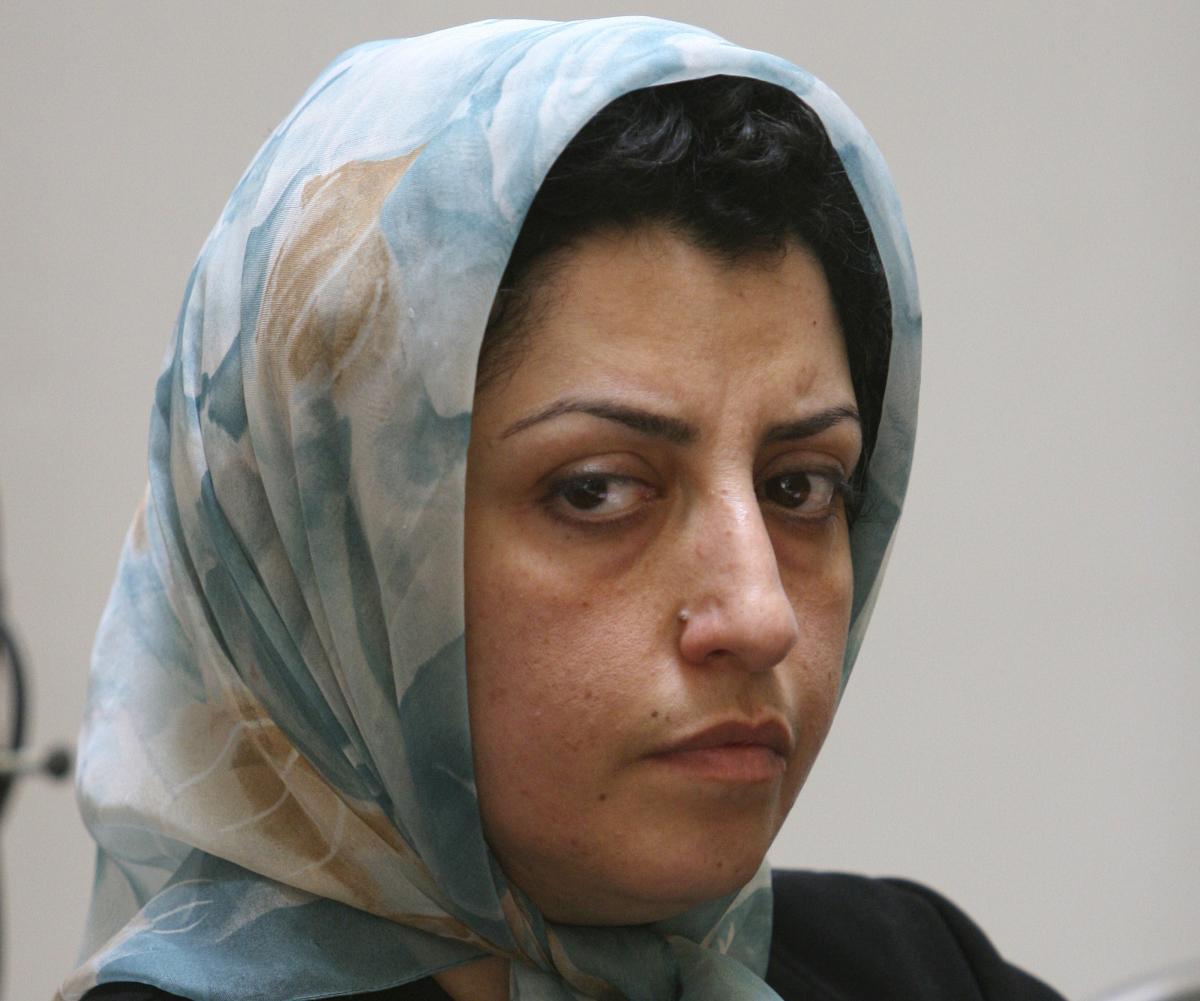DUBAI, United Arab Emirates (AP) — Iran’s jailed Nobel Peace Prize winner Narges Mohammadihas been sentenced to another year in prison for her activism, her lawyer said Wednesday.
Mostafa Nili, Mohammadi’s lawyer, told The Associated Press that his client had been convicted on charges of making propaganda against the system. Nili said the verdict came after Mohammadi urged voters to boycott Iran’s recent parliamentary elections, sent letters to lawmakers in Europe and commented on the torture and sexual assault suffered by another Iranian journalist and political activist used to be.
Mohammadi is being held in Iran’s notorious Evin prison, which houses political prisoners and people with Western ties. She had already served a 30-month prison sentence, with another 15 months added in January. The Iranian government has not recognized her additional conviction.
The latest verdict reflects the Iranian theocracy’s anger at being awarded the Nobel Prize last October for years of activism, despite a decades-long government campaign against it.
Mohammadi is the 19th woman to win the Nobel Peace Prize and the second Iranian woman after human rights activist Shirin Ebadi in 2003. Mohammadi, 52, has continued her activism despite numerous arrests by Iranian authorities and years behind bars.
In November, Mohammadi went on a hunger strike because he and other prisoners did not have access to medical care and because he was protesting against mandatory headscarves for women in the country.
Mohammadi has been a guiding light for nationwide women-led protests, sparked by the death last year of a 22-year-old woman in police custody, that have become one of the most intense challenges to Iran’s theocratic government. That woman, Mahsa Amini, had been arrested for allegedly not wearing her headscarf as ordered by authorities.
For observant Muslim women, the head covering is a sign of piety to God and modesty toward men outside their families. In Iran, the hijab – and the all-encompassing black chador worn by some – has also long been a political symbol, especially after it became mandatory in the years following the 1979 Islamic Revolution.
While women in Iran hold jobs, academic positions and even government appointments, their lives are tightly controlled, partly through laws such as the mandatory hijab. Iran and neighboring Taliban-ruled Afghanistan are the only countries that make the headscarf mandatory. However, since Amini’s death, more and more women are choosing not to wear a hijab, despite an increasing campaign by the authorities and companies that serve them.







